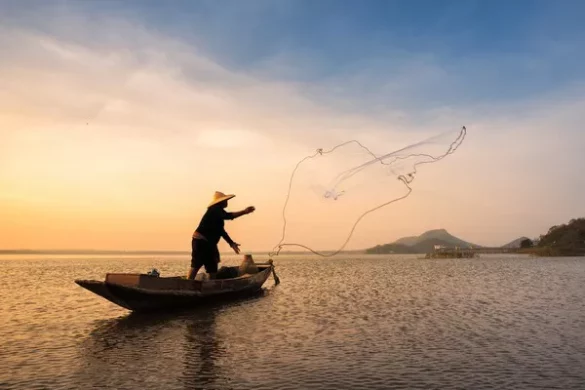In a thriving seafood industry lauded by television series like Discovery’s “Deadliest Catch” and National Geographic’s “Wicked Tuna,” the stark reality on the ground is a persistent dearth of available workers.
“Finding people is a real challenge. There’s a scarcity,” emphasized boat captain Darren Platt. “The shortage of experienced hands is palpable, making it difficult to maintain a full crew.”
Navigating the frigid waters of Alaska, Platt commands the salmon fishing vessel, Agnes Sabine. While he could use some additional hands on deck, the allure of record-low unemployment rates in the contiguous United States has led to fewer young individuals venturing northward to Kodiak with aspirations of becoming full-time fishermen.
“We continually rely on recruiting from outside our region,” Platt conceded. “Typically, it’s college students or young adventurers seeking novelty, but they seldom envision a lifelong career in this trade.”
Yet, the paucity of labor is not solely a consequence of the buoyant job market in the lower 48 states. Experts posit that the dwindling fish stocks, potentially driven by rising water temperatures, further exacerbate the industry’s uncertainty.
This summer, the U.S. Commerce Department responded to the looming labor crisis by unveiling a five-year strategy aimed at bolstering the $165 billion seafood sector, explicitly acknowledging a “significant labor shortage.” Approximately $2 million in federal funding has been earmarked to facilitate the training of the next generation of fishermen, spanning not just Alaska but also encompassing the Great Lakes region, New England, the Gulf of Mexico, and the Pacific Northwest.
Deckhand Juan Zuniga was enticed away from his native Florida to labor in Alaska, drawn by the allure of quick earnings and a sense of adventure.
“I mean, this is a world apart from my hometown, so it’s a massive leap out of my comfort zone,” Zuniga remarked. “When you come here, you need to accept that you’re here to learn.”
Lane Bolich, a 20-year-old apprentice captain aboard the Harmony, epitomizes the industry’s shift towards nurturing homegrown talent. After two years as a deckhand on a family friend’s vessel, Bolich aspires to master the intricacies of captaining and eventually become a mentor for those aspiring to enter the profession.
“I aim to comprehensively understand the art of captaining and excel in it,” Bolich affirmed. “So that someday, I can pass on my knowledge to others eager to join the ranks.”

